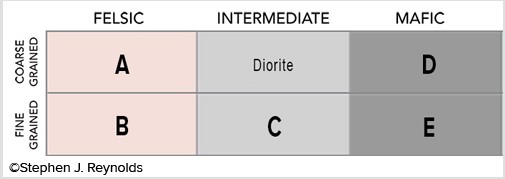Which of the following is true of a reaction which has reached equilibrium?
A) The reactants have been completely converted to products.
B) The rate of the forward reaction is faster than the rate of the reverse reaction.
C) The rate of the forward reaction is equal to the rate of the reverse reaction.
D) The rate of the forward reaction is slower than the rate of the reverse reaction.
C
You might also like to view...
A biome found in the tropics that is known to have very low nutrient content in its soil is the ____________________
Fill in the blanks with correct word
How does a mineral resource differ from an ore deposit?
An ore deposit occurs naturally, whereas a mineral resource does not. Ore deposits are economically extractable, whereas mineral resources are not. Mineral resources are concentrations of metals, whereas ore deposits are not. Ore deposits are concentrations of metal, whereas mineral resources do not contain metals. A mineral resource occurs naturally, whereas an ore deposit does not.
Which letter in this classification table indicates the position of basalt?
A. A B. B C. C D. D E. E
According to the geothermal gradient, there is an increase in temperature with increasing depth. If that is the case, why isn't the entire interior of the planet molten?
What will be an ideal response?